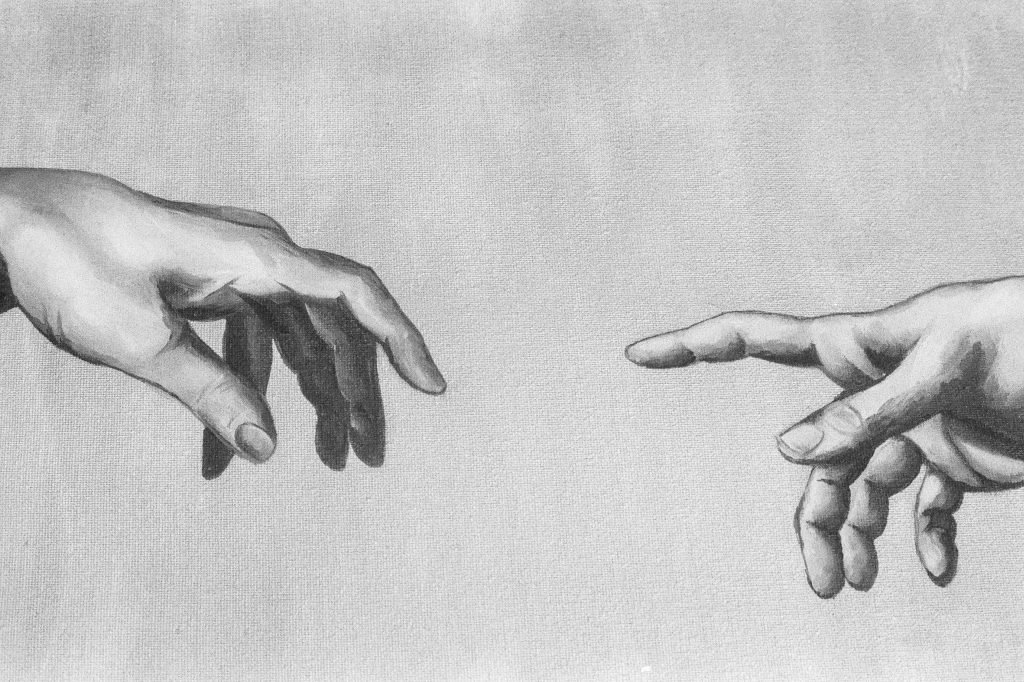The very practice of meditation is to develop the skill of observing the mind without judgement. When inevitable meditation problems arise, this is an opportunity to do real work and make progress.
Meditation problems are actually opportunities
Problems and challenges that arise during meditation can be viewed as valuable opportunities for personal growth and self-discovery. They prompt individuals to confront and understand the underlying issues and limitations of the mind, such as restlessness, doubt, distraction, or impatience. Addressing these challenges not only enhances one’s meditation practice but also develops greater awareness of how the mind works, emotional resilience, and valuable life skills that extend beyond the practice itself.
The goal is simple: to only watch the breath. This is a path away from the mind. Any obstacle such as boredom, anger or irritation is simply a reminder you have slipped back into the mind. Peace begins where the mind ends.
Shouldn’t I feel calm during meditation?
When starting meditation, it’s very normal for the mind to wander. Various thoughts, emotions, and sensations will arise. The key is not to eliminate these experiences but to observe them without attachment or judgment. That is meditation. Over time, meditation can help you develop a greater sense of inner calm, and it’s a gradual process. Ironically, the quicker you can fully accept not being calm, the quicker you can find calm. And eventually maybe even the deepest peace you have ever known.

What are the Most Frequent Meditation Problems?
There are a number of common meditation problems that can be more easily overcome if they are expected. Here’s a rundown of some of the more frequent issues:
Losing focus during meditation
Losing focus in meditation is very common, but the solution lies in shifting your viewpoint. Acknowledging distractions and returning your attention to your chosen point of focus, without self-criticism or frustration, is the skill you have come to learn.
Meditation problems with impatience?
Impatience is a common challenge in meditation, where the desire for quick results can disrupt our practice. As we sit in stillness, the mind often races ahead, seeking immediate tranquility. However, impatience can be a profound teacher. It reminds us that true meditation progress unfolds at its own pace, in its own time. The solution lies in acceptance. Instead of fighting impatience, we acknowledge it and gently guide our focus back to the present moment. By embracing the process rather than the destination, we cultivate patience as a vital skill, both in meditation and in life. Over time, this practice nurtures a sense of serenity, allowing us to appreciate the journey as much as the destination in our inner exploration.
Meditation not helping anxiety?
If you meditate to with the objective to reduce anxiety, you may find the opposite to be true. Paradoxically, it can only be found when you give up seeking it. All of the mind’s issues come from not being content with everything simply as it is, and constantly either pushing negative feelings away or searching for positive feelings.
“Don’t Seek Happiness. If you seek it, you won’t find it, because seeking is the antithesis of happiness” ― Eckhart Tolle, A New Earth: Awakening to Your Life’s Purpose
Meditation problems with physical pain
Physical pain during meditation can easily disrupt your practice. The solution is to gently shift your position or use props for comfort, ensuring your body is adequately supported, which allows you to continue your meditation with less discomfort and better focus. When starting out you may find a reclining posture may be more suitable for some sessions as you develop more physical resilience to the sitting posture over time.
Integrating meditation into daily life
Missing daily meditation practice can severely disrupt your routine and progress. It is much better to meditate for a short time every day than for a longer time less frequently, particularly when developing the foundations. However, it is also essential to forgive yourself for occasional lapses, recommit to your practice, and establish realistic goals that accommodate your schedule, ensuring better consistency over time.
Doubting the process
Doubting the effectiveness of the practice is one of the more common meditation problems. The solution involves maintaining an open-minded and patient approach, understanding that meditation’s benefits will take time to unfold. Seeking guidance or feedback from experienced practitioners or teachers to address doubts give trust. An intention should be set before each session with a clear self-agreement that you have decided to do it and 100% commit to the session. Doubt can be considered after.
Conclusion
What may initially appear as obstacles in our meditation journey are, in reality, valuable opportunities for growth and self-discovery. These challenges, whether they be restlessness, wandering thoughts, or impatience, serve as gateways to a deeper understanding of our minds. And a strengthened connection to the present moment. Embracing these meditation problems not only refines our practice but also nurtures our resilience, patience, and self-compassion. They remind us that every moment, even the seemingly imperfect ones, can be a profound teacher, guiding us toward greater mindfulness and a more profound sense of inner peace. As we learn to see the silver lining in these so-called problems, we unlock the true potential of meditation as a transformative force in our lives.
